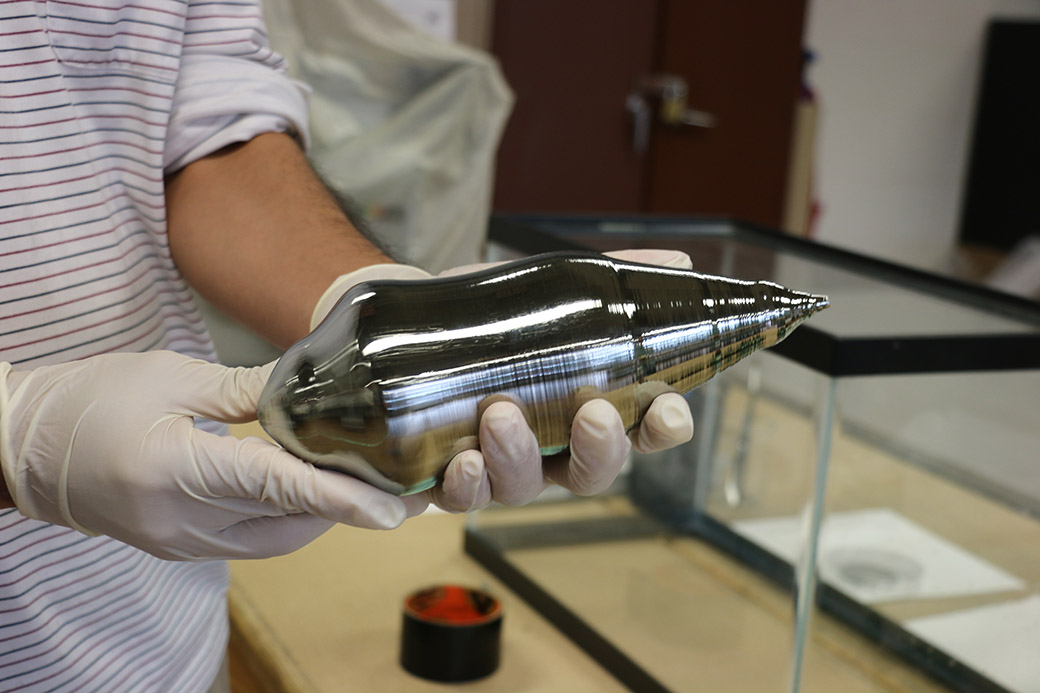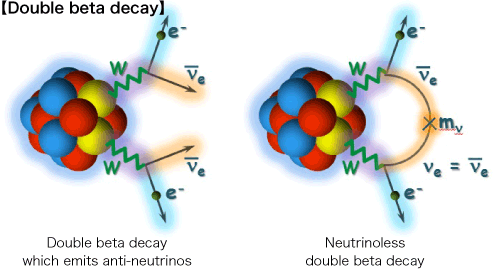Ge-STAR is a statewide research incubator that integrates artificial intelligence (AI) to revolutionize high-purity germanium (Ge) crystal growth and detector development. Its mission is to enable advances in dark matter detection, medical imaging, and scientific education by leveraging South Dakota's unique infrastructure and diverse institutional collaboration.
1.png)





